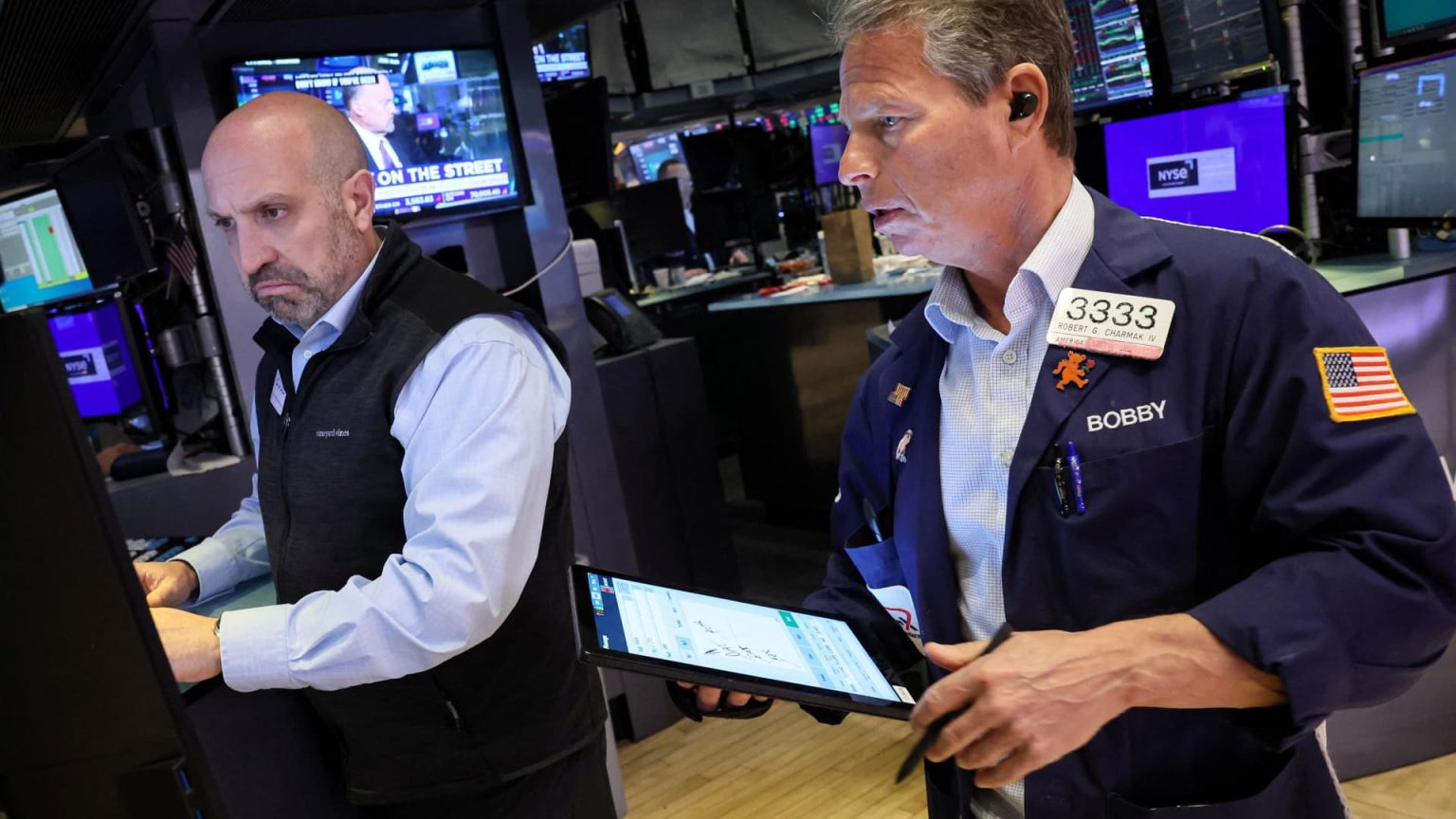U.S. stock futures were relatively steady on Sunday amidst concerns over Iran’s missile and drone strike on Israel and increased volatility in the equity markets. The Dow Jones futures saw a small increase of 36 points, while S&P 500 and Nasdaq-100 futures remained stable. Last week, the Dow Jones Industrial Average experienced its worst performance of the year, with a 2.4% decline, while the S&P 500 had its worst week since October 2023, falling by 1.5%. The Nasdaq Composite Index also posted its third consecutive negative week.
The Iranian attack on Israel heightened tensions in the Middle East, causing concerns about potential retaliation and the impact on oil prices. Despite the attack being intercepted, the situation remains risky. Oil prices, which had already been rising prior to the incident, saw a slight decrease on Sunday. The main focus now is on how Israel’s Prime Minister Netanyahu will respond to the attack, as the Biden administration has advised against retaliation. There is anticipation of a relief rally in the markets if Netanyahu follows the U.S. advice, although it is unlikely to significantly impact oil prices.
Investors are eagerly awaiting the earnings reports of companies like Goldman Sachs and M&T Bank on Monday, along with the release of economic data such as retail sales numbers, business inventories data, and manufacturing numbers. Treasury yields experienced fluctuations last week due to higher-than-expected CPI readings, but rates eased on Friday as investors sought safety from geopolitical tensions by purchasing Treasuries. Despite JPMorgan Chase surpassing profit estimates in its first-quarter report, concerns about future lending performance led to a 6% decline in the share price. CEO Jamie Dimon expressed worries about the global economic environment and persistent inflationary pressures.
Overall, market participants are closely monitoring geopolitical events such as the Iran-Israel conflict and their potential impact on oil prices and market volatility. The ongoing earnings season and economic data releases will provide further insight into the state of the economy and the trajectory of corporate performance. Treasury yields continue to be influenced by inflation concerns and global uncertainties, leading to fluctuations in bond prices. As the situation unfolds, investors will be assessing how various factors, including geopolitical tensions and economic indicators, impact their investment decisions and market sentiment. The upcoming week is expected to bring further clarity on the market outlook and potential investment opportunities.


